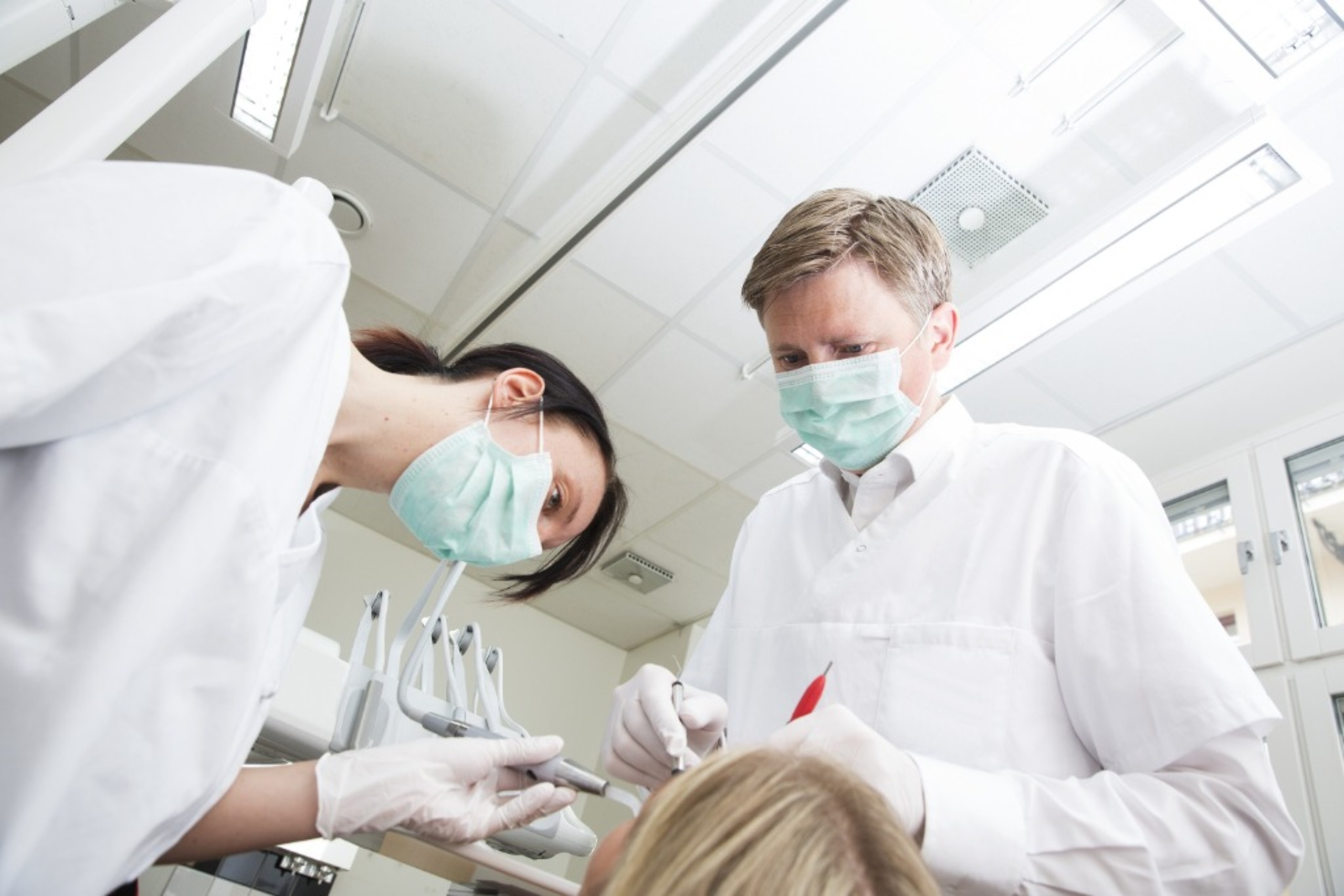
Teeth are extracted for many different reasons ranging from serious tooth infection or decay, serious periodontitis (gum disease), or injury or trauma. Those are examples of extractions required to respond to dental issues. Some extractions are preventative and designed to proactively help you to avoid serious dental issues. One familiar example of a preventative extraction is having your wisdom teeth pulled even before they present any complications. Of course, if you want too long to have your wisdom teeth pulled and they become impacted or interfere with your other teeth, the dentist at a dental clinic in Winnipeg may recommend having them pulled after the fact.
At Vista Place Dental Centre, we understand that any tooth extraction is stressful for every patient. By the same token, tooth extraction in Winnipeg is a very familiar and common procedure for us. We believe that one of the best ways to counter stress and anxiety is to provide as much information as possible in advance of any procedure. That’s why the staff at our dental clinic near you will conduct a careful assessment of your teeth and answer all your questions as part of developing your treatment plan. In addition to that, though, we want to provide as many useful resources as possible including this guide to ensuring a complete and quick recovery following your extraction. Here are 10 tips to keep in mind.
- Recovering from extraction will likely take a week to 10 days. During that period, one of your biggest priorities should be protecting the blood clot that your dentist establishes in the extraction site from being disturbed or dislodged.
- When you leave the dentist, there will be a gauze pad over the extraction site. Leave it in place for three to four hours.
- Once you get home from your extraction, begin applying ice to your face using a cold compress. Leave that ice in place for no more than 10 minutes, then take it off for 10 minutes before repeating as required.
- For 24 hours after your extraction, do not rinse your mouth, spit, smoke, or use a straw. All those activities can produce suction in your mouth that can threaten the integrity of your blood clot.
- For 24 hours after your extraction, do not smoke or drink alcohol. Smoking and drinking can delay your healing processes. Smoking also produces suction that can threaten the integrity of your blood clot.
- For 24 hours after your extraction, minimize any physical activity and focus on resting. When resting, try to keep your head elevated. When laying down, use an extra pillow to keep your head slightly upright.
- Once 24 hours have passed since your extraction, rinse your mouth gently using salted water. You can make a salted water solution from a cup of warm (not hot) water and half a teaspoon of table salt. Simply stir the solution until the salt is dissolved. Swish the solution around your mouth gently, then let it fall from your mouth without swallowing any.
- Once the 24 hour period has passed, resume brushing your teeth and flossing gently but avoid the area of the extraction site.
- While you are healing from your tooth extraction, focus on eating soft foods such as applesauce, yogurt, and pudding. Smooth soups are also a good option, but be sure the soup is just warm, not hot. Sustain this soft diet for a week before adding some more solid foods.
- You won’t experience any pain during your tooth extraction, but some pain and discomfort is normal as you are recovering. Using ice and keeping your head elevated as recommended above will help you to minimize any pain and throbbing, but pain medication can also help. You can use over-the-counter medications such as ibuprofen. Your dentist may also prescribe medication in advance. In any case, use it only as directed. If you have any concerns about taking medication to manage any pain or have had adverse reactions to medications in the past, be sure to discuss those concerns with your dentist.
If you are concerned about the process of getting or recovering from a tooth extraction near you, don’t hesitate to contact a dentist’s office at any time. They have the same goal as you — your earliest, most complete, and most comfortable recovery.